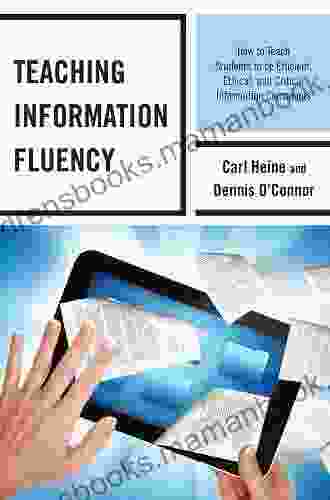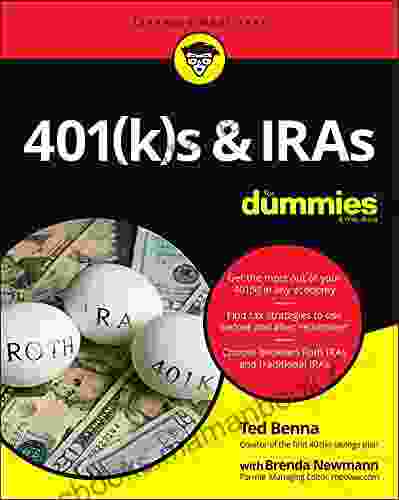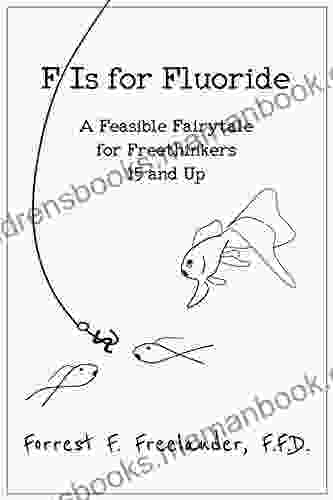How to Teach Students to Be Efficient, Ethical, and Critical Information Consumers: A Comprehensive Guide for Educators

In the interconnected digital world we inhabit, where information flows at an unprecedented pace, the ability to consume and navigate information effectively is crucial for students. Educators have a critical role to play in equipping students with the skills and strategies necessary to become efficient, ethical, and critical consumers of information.
4 out of 5
| Language | : | English |
| File size | : | 4326 KB |
| Text-to-Speech | : | Enabled |
| Screen Reader | : | Supported |
| Enhanced typesetting | : | Enabled |
| Word Wise | : | Enabled |
| Print length | : | 231 pages |
This comprehensive guide will explore various teaching strategies, resources, and approaches that educators can employ to foster information literacy, ethics, and critical thinking in their students.
Teaching Efficiency in Information Consumption
1. Time Management and Information Prioritization
Teach students techniques for managing their time efficiently and prioritizing information based on its relevance, importance, and credibility.
2. Effective Research Skills
Provide students with practical guidance on conducting thorough research, using keywords, employing search engines, evaluating websites, and citing sources appropriately.
3. Digital Tools for Information Organization
Introduce students to digital tools such as citation generators, note-taking apps, and research organizers to help them streamline their information gathering and organization.
Instilling Ethical Information Consumption
1. Digital Citizenship and Responsibility
Emphasize the ethical implications of information sharing and consumption, teaching students about plagiarism, copyright laws, and the responsible use of social media.
2. Combating Bias and Prejudice
Help students recognize and critically analyze bias in information sources, encouraging them to seek out diverse perspectives and consider multiple viewpoints.
3. Ethical Sourcing and Citation
Instruct students on the importance of properly citing and acknowledging sources, emphasizing the ethical implications of plagiarism and the need for intellectual honesty.
Developing Critical Information Consumption
1. Media Literacy and Analysis
Teach students to analyze different media formats, such as news articles, advertisements, and social media posts, and identify persuasive techniques, bias, and potential misinformation.
2. Critical Evaluation of Sources
Guide students in evaluating the credibility of information sources, considering factors such as authority, expertise, objectivity, and potential biases.
3. Fact-Checking and Verification
Equip students with the skills to verify information through independent fact-checking websites and reliable news sources.
4. News Literacy and Information Bias
Discuss the role of news media in society and help students identify common biases and misinformation in news reporting.
Resources and Strategies for Educators
1. Integration into Curriculum
Incorporate information literacy and critical thinking into various subject areas, such as history, social studies, language arts, and science.
2. Collaboration and Guest Speakers
Collaborate with librarians, media specialists, and industry experts to provide students with real-world insights and practical application of information literacy skills.
3. Digital Literacy Platforms
Utilize online platforms and resources designed to enhance digital literacy and news literacy, such as NewsGuard, Media Bias Fact Check, and Snopes.
4. Student-Led Projects
Assign student-led projects that require them to research, analyze, and present information on a specific topic, fostering critical thinking and presentation skills.
Assessment and Evaluation
1. Formative and Summative Assessments
Regularly assess students' progress in information literacy, ethics, and critical thinking through formative and summative assignments, such as research essays, presentations, and online quizzes.
2. Peer Review and Feedback
Encourage students to provide peer feedback on projects and assignments, fostering critical thinking and peer evaluation skills.
3. Reflection and Self-Assessment
Guide students in reflecting on their own information consumption habits and identifying areas for improvement.
Educating students to be efficient, ethical, and critical information consumers is paramount in today's digital landscape. By employing the strategies and resources outlined in this guide, educators can empower their students with the skills and knowledge necessary to navigate the vast ocean of information with confidence and discernment.
In ng so, we not only prepare our students for academic success but also foster their lifelong ability to make informed decisions, participate in meaningful public discourse, and contribute positively to the information ecosystem in which we live.
4 out of 5
| Language | : | English |
| File size | : | 4326 KB |
| Text-to-Speech | : | Enabled |
| Screen Reader | : | Supported |
| Enhanced typesetting | : | Enabled |
| Word Wise | : | Enabled |
| Print length | : | 231 pages |
Do you want to contribute by writing guest posts on this blog?
Please contact us and send us a resume of previous articles that you have written.
 Top Book
Top Book Novel
Novel Fiction
Fiction Nonfiction
Nonfiction Literature
Literature Paperback
Paperback Hardcover
Hardcover E-book
E-book Audiobook
Audiobook Bestseller
Bestseller Classic
Classic Mystery
Mystery Thriller
Thriller Romance
Romance Fantasy
Fantasy Science Fiction
Science Fiction Biography
Biography Memoir
Memoir Autobiography
Autobiography Poetry
Poetry Drama
Drama Historical Fiction
Historical Fiction Self-help
Self-help Young Adult
Young Adult Childrens Books
Childrens Books Graphic Novel
Graphic Novel Anthology
Anthology Series
Series Encyclopedia
Encyclopedia Reference
Reference Guidebook
Guidebook Textbook
Textbook Workbook
Workbook Journal
Journal Diary
Diary Manuscript
Manuscript Folio
Folio Pulp Fiction
Pulp Fiction Short Stories
Short Stories Fairy Tales
Fairy Tales Fables
Fables Mythology
Mythology Philosophy
Philosophy Religion
Religion Spirituality
Spirituality Essays
Essays Critique
Critique Commentary
Commentary Glossary
Glossary Bibliography
Bibliography Index
Index Table of Contents
Table of Contents Preface
Preface Introduction
Introduction Foreword
Foreword Afterword
Afterword Appendices
Appendices Annotations
Annotations Footnotes
Footnotes Epilogue
Epilogue Prologue
Prologue Alix Rickloff
Alix Rickloff Angela Knight
Angela Knight Brad Meltzer
Brad Meltzer Dr Loan Dao
Dr Loan Dao Jason Henderson
Jason Henderson Dale H Schunk
Dale H Schunk Peter Hathaway Capstick
Peter Hathaway Capstick Steve Slavin
Steve Slavin Edoardo Nesi
Edoardo Nesi John Milton
John Milton Michael Abbensetts
Michael Abbensetts Alka Joshi
Alka Joshi David Hare
David Hare Alison Collier
Alison Collier Stephan Talty
Stephan Talty Denise Walker
Denise Walker Kathryn Houghton
Kathryn Houghton Matt Kracht
Matt Kracht Renata Sterling
Renata Sterling Gordon Corera
Gordon Corera
Light bulbAdvertise smarter! Our strategic ad space ensures maximum exposure. Reserve your spot today!
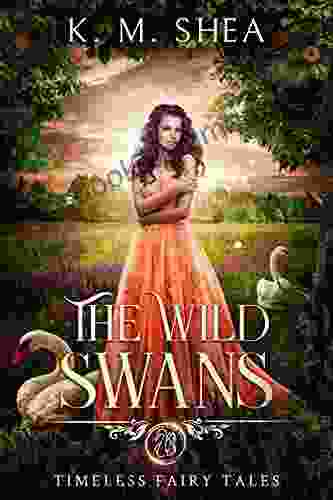
 Mario BenedettiThe Wild Swans: A Timeless Fairy Tale with Enchanting Imagery and Everlasting...
Mario BenedettiThe Wild Swans: A Timeless Fairy Tale with Enchanting Imagery and Everlasting...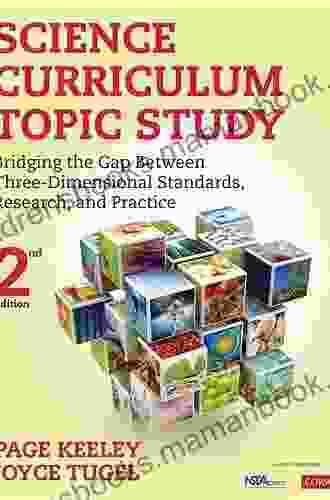
 Tyler NelsonBridging the Gap between Three Dimensional Standards Research and Practice:...
Tyler NelsonBridging the Gap between Three Dimensional Standards Research and Practice:... Floyd PowellFollow ·6.2k
Floyd PowellFollow ·6.2k Milton BellFollow ·15.7k
Milton BellFollow ·15.7k Charlie ScottFollow ·19.6k
Charlie ScottFollow ·19.6k Adrien BlairFollow ·9.9k
Adrien BlairFollow ·9.9k Corey HayesFollow ·15.2k
Corey HayesFollow ·15.2k Ernest PowellFollow ·6.8k
Ernest PowellFollow ·6.8k Christian CarterFollow ·18.5k
Christian CarterFollow ·18.5k Grayson BellFollow ·3.8k
Grayson BellFollow ·3.8k

 Tom Clancy
Tom ClancyReading Wellness: Lessons in Independence and Proficiency
Reading is a fundamental skill that can...
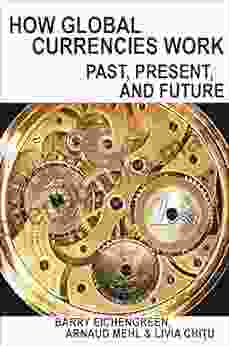
 Brody Powell
Brody PowellHow Global Currencies Work: A Comprehensive Guide to...
Overview of...
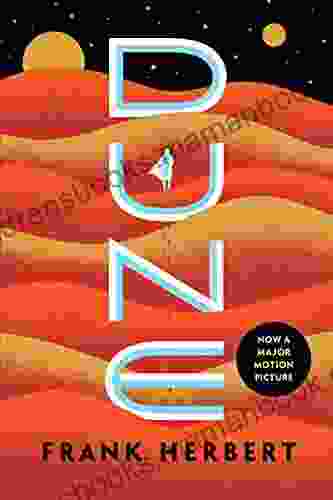
 Dwight Bell
Dwight BellDune by Frank Herbert: An Epic Space Opera That Explores...
Dune by Frank...
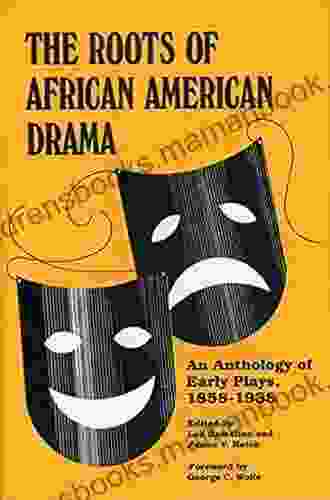
 Ronald Simmons
Ronald SimmonsAn Anthology of Early Plays (1858-1938): A Journey into...
: Uncovering...
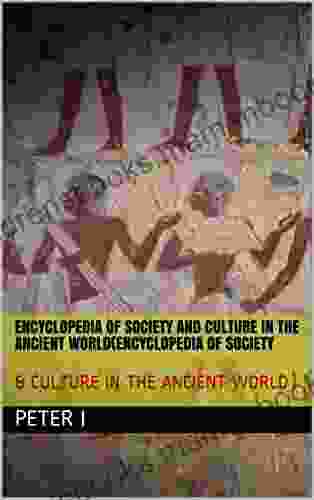
 Dominic Simmons
Dominic SimmonsCulture in the Ancient World: A Comprehensive Exploration...
Culture is a complex and multifaceted concept...
4 out of 5
| Language | : | English |
| File size | : | 4326 KB |
| Text-to-Speech | : | Enabled |
| Screen Reader | : | Supported |
| Enhanced typesetting | : | Enabled |
| Word Wise | : | Enabled |
| Print length | : | 231 pages |


